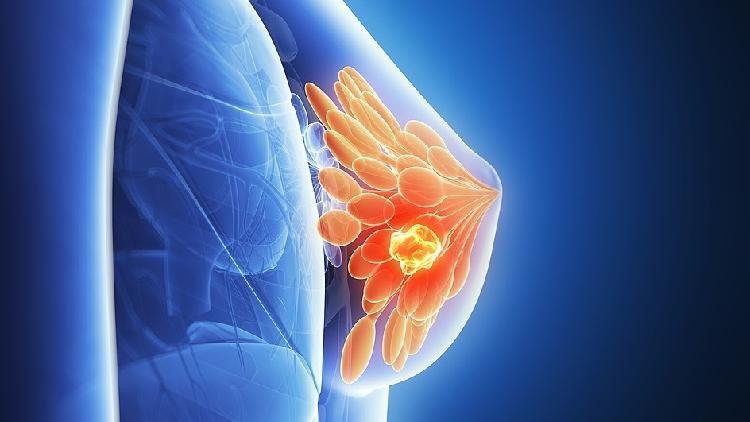Israeli scientists have uncovered how breast cancer cells can lie dormant for years before suddenly reawakening and spreading aggressively, the Weizmann Institute of Science said in a statement on Tuesday evening.
The findings, published in Science Signaling, may help develop treatments to prevent various types of cancer from returning after years of remission.
The researchers discovered that breast cancer cells can enter a "sleep mode" by mimicking a natural process in healthy breast tissue.
Normally, breast cells shift between an early, fast-growing stage and a mature, stable one. Cancer cells take advantage of this process, initially using it to multiply and later to evade detection within the body.
The team focused on a type of protein called OVOL, which helps cells mature. By increasing OVOL levels in triple-negative breast cancer cells, the researchers were able to stop the cells from dividing and push them into dormancy. In mice, the method also slowed tumor growth.
They found that while OVOL proteins can suppress cancer in the short term, they may also help it survive long term. When OVOL levels drop, such as through hormonal changes like lower estrogen levels, the cancer may reawaken, now more aggressive and harder to treat.
The researchers also discovered that dormant cancer cells build up unstable molecules called free radicals. They damage DNA and overwhelm repair systems, which could explain why cancer becomes more dangerous after waking up.
The study suggests that a better understanding of dormancy could lead to new ways to prevent cancer recurrence, even years after successful treatment.
AJM TROIB News
Discover more Science and Technology news updates in TROIB Sci-Tech













